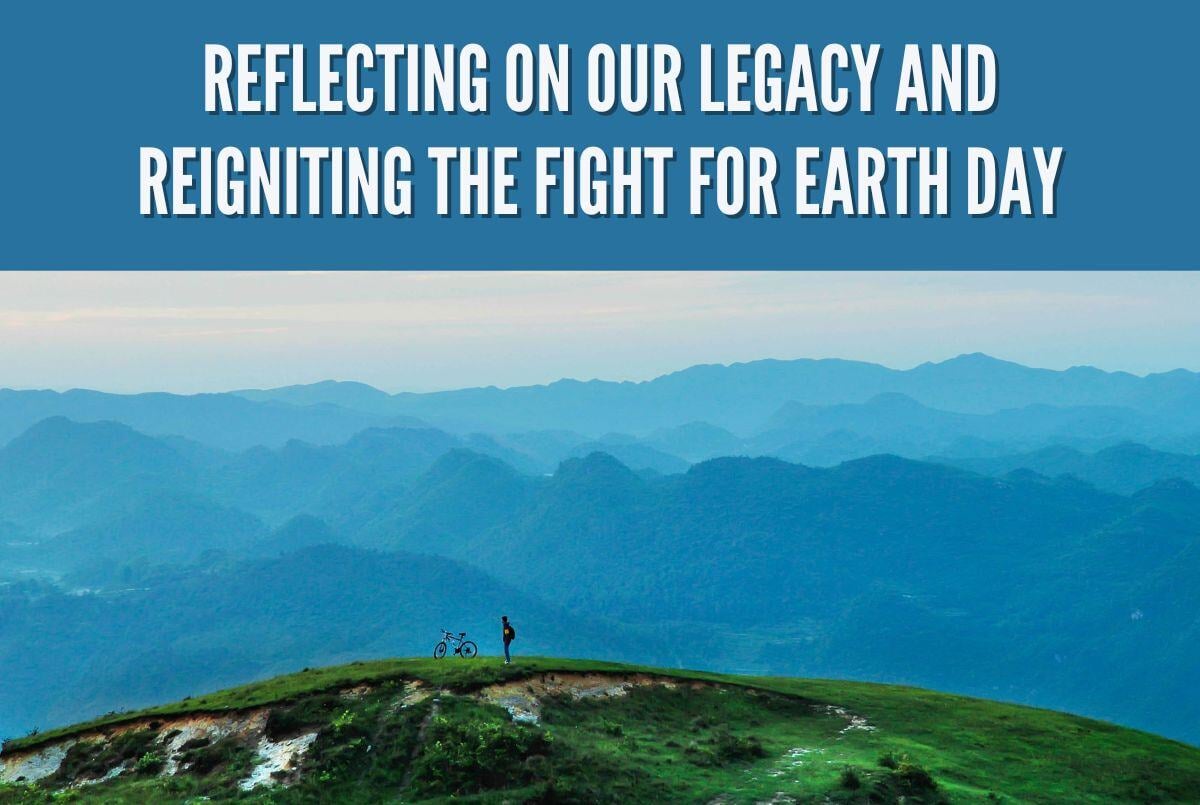Over 55 years ago, U.S. Senator Gaylord Nelson founded Earth Day in response to the devastating 1969 Santa Barbara oil spill, which was then the largest in U.S. history. On April 22, 1970, millions of Americans rallied together in nearly 13,000 events nationwide, sparking a movement that led to landmark environmental protections like the Clean Air Act, the Clean Water Act, and the creation of the Environmental Protection Agency (EPA).
Yet today, Earth Day doesn’t hold the same urgency in the public consciousness as it once did. While the annual observance still sees tree plantings and clean-up efforts, the scale of our environmental crisis demands more than symbolic gestures. Climate change is no longer a distant threat; it’s here, reshaping our world in ways we can no longer ignore.
The Impacts of Human-Caused Climate Change
The signs of a planet in distress are all around us. Rising sea levels are forcing entire communities to relocate. Wildfires, once confined to specific seasons, now rage year-round, fueled by prolonged droughts and rising temperatures. Species vital to our ecosystems, like bees, coral reefs, and countless others, are vanishing at alarming rates.
These aren’t abstract predictions; they’re today’s headlines. Extreme weather events, from hurricanes to heat waves, are becoming more frequent and severe. The consequences touch every corner of the globe, disproportionately affecting vulnerable populations who contribute least to the problem. If Earth Day was once a call to prevent disaster, today it must be a rallying cry for survival.
What We Can Do: Collective Action Starts with Us
The good news? We’re not powerless. Change happens when individuals, communities, and organizations unite behind a common cause. Faith groups, environmental organizations like The Nature Conservancy, the Audubon Society, and the Sierra Club, and everyday citizens all have a role to play.
The key is inclusivity, using language that invites people into the conversation rather than alienating them. Sustainability isn’t about perfection; it’s about progress.
Small, consistent actions add up:
- Composting food scraps to reduce landfill methane emissions.
- Recycling properly to cut down on waste.
- Supporting clean energy by advocating for renewable policies.
- Reducing single-use plastics in daily life.
Beyond individual habits, collective advocacy is crucial. Pushing for stronger environmental policies, holding corporations accountable, and voting for leaders who prioritize climate action can drive systemic change.
Don’t Get Discouraged. Every Action Matters
It’s easy to feel overwhelmed. The scale of the crisis can make individual efforts seem insignificant. But every choice, no matter how small, is a step toward a healthier planet. As environmentalist Wendell Berry once said, “The Earth is what we all have in common.”
Living sustainably isn’t just about reducing harm; it’s about affirming our values. When we bike instead of drive, conserve water, or plant a tree, we’re making a moral statement: We care about the world we leave for future generations.
Reigniting the Spirit of Earth Day
Earth Day began as a revolution, a moment when millions demanded better for our planet. Today, we need that same energy. Climate change is a defining challenge of our time, but it’s also an opportunity to reimagine a more just, sustainable world.
This April 22, let’s honor Earth Day’s legacy by doing more than just participating; let’s commit to making every day Earth Day. Because the fight for our planet isn’t just about one day; it’s about our future.
Happy Earth Day Everyone!


